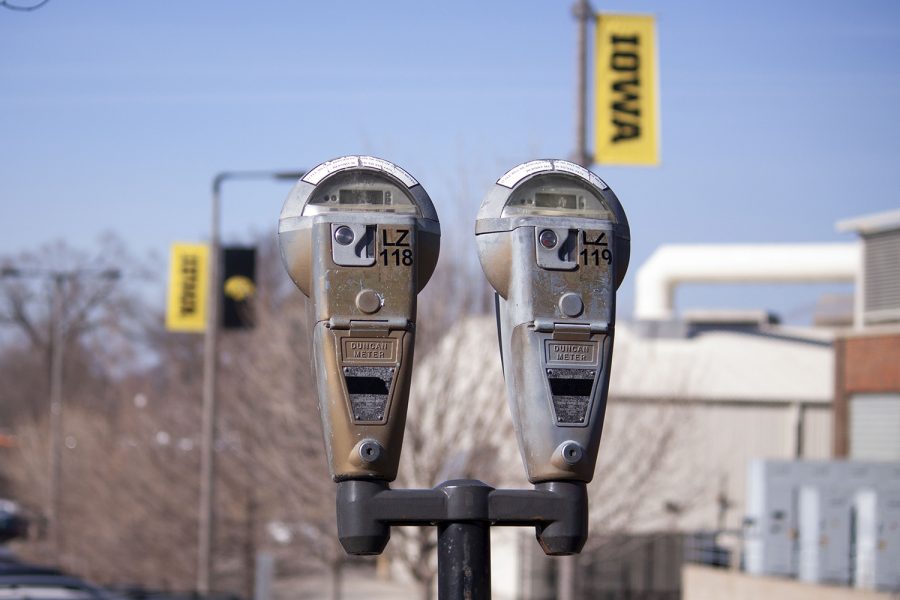Some state Board of Regents members say the increased use of telephonic meetings is causing some problems and isn’t conducive to major decision-making.
Near the end of last week’s telephonic meeting, after almost an hour of discussing tuition surcharges, budgets, and bonds, Regent Michael Gartner had one more suggestion.
“I’d like to add one article to the list,” he said. “To have somebody improve the telecommunication for these kinds of meetings.”
His suggestion came after a telephone conference call meeting filled with sounds of typing, voices fading out, and static. Regent President David Miles was forced several times to interrupt the meeting to remind people to mute their phones.
In addition to causing inconveniences, the meeting’s telephonic setup was also the reason regents cited for postponing votes on the Hancher relocation and a tuition increase for next year were delayed until the Feb. 4 in-person meeting.
“The biggest disadvantage is that it is very difficult to go through matters that are of major consequence,” said Regent Bob Downer, who said he strongly encouraged the vote delay.
Since 2000, the board’s website lists 28 meetings as being telephonic or electronic.
Despite inconveniences, members cited several reasons they continue to push through technical difficulties.
By cutting out travel expenses, the regents estimate that telephonic meetings save them 25 percent of their budget annually.
“While it’s not a big percentage of the regent budget, it’s an expense, and we obviously don’t need any more expenses, especially now,” Downer said.
In addition to cost, the convenience of not having to travel to one location allows telephonic meetings to be scheduled with less notice and fit into regents’ schedules easier, Downer said.
But telephonic meetings do take a toll on important decision-making, members said.
Regent Greta Johnson said not being in the same room makes discussion much more difficult.
“It’s hard to read people,” she said. “Body language says a lot sometimes.”
At in-person meetings, she said the regents indicate they want to speak by making eye contact with Miles, an aspect they lose over the phone.
UI communication-studies Professor Steve Duck said telephonic conferences make it difficult for the leader to manage who will talk when. He teaches a course that covers the topic of telephone conferences.
“There is a much greater risk that the technology will create overlap in speakers’ attempts to make their points,” Duck wrote in an e-mail. “A good [leader] will probably allow members to speak only once on a particular point.”
But the technology poses the biggest problem, he said.
“It should not be assumed that the electronic equipment will function properly all the way through the meeting, nor should it be assumed that everyone will understand exactly how to use it,” he said.
Miles said people shouldn’t place all of the blame for the inconveniences solely on the technology.
“It is challenging,” he said. “There are a lot of variables that are outside the control of the technology. It does a great job, but we all bring our own variables as well.”






